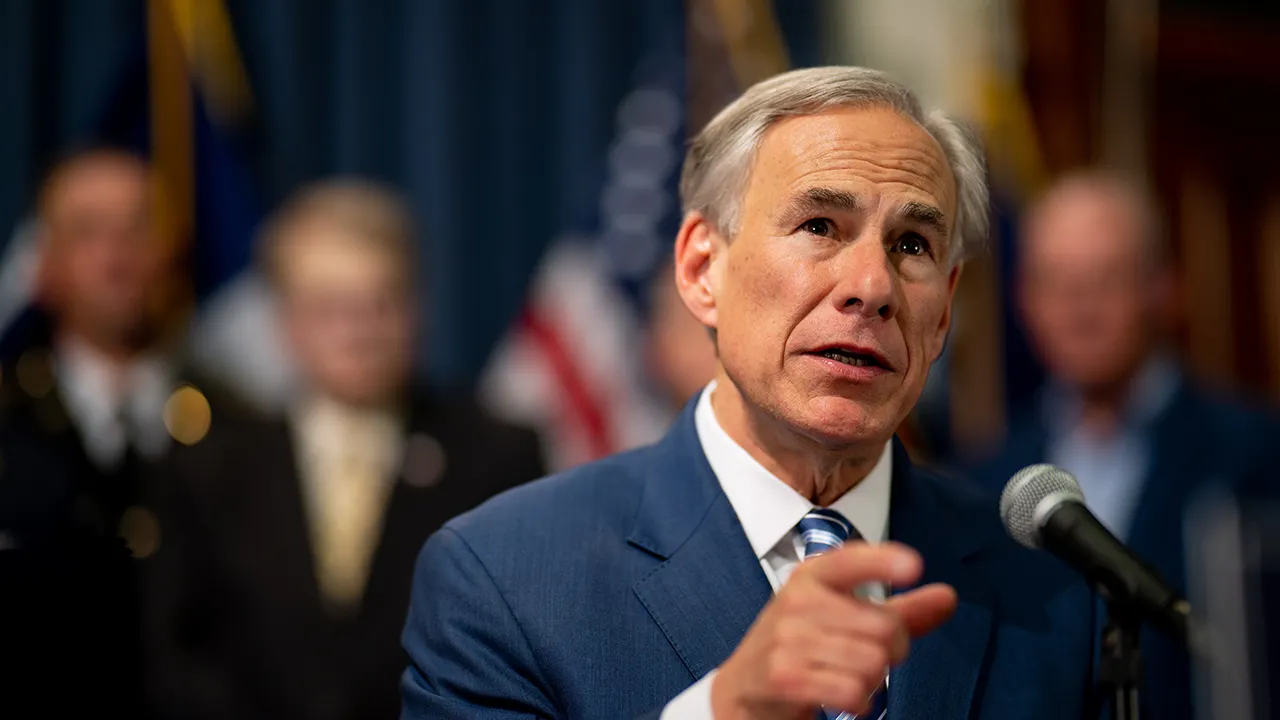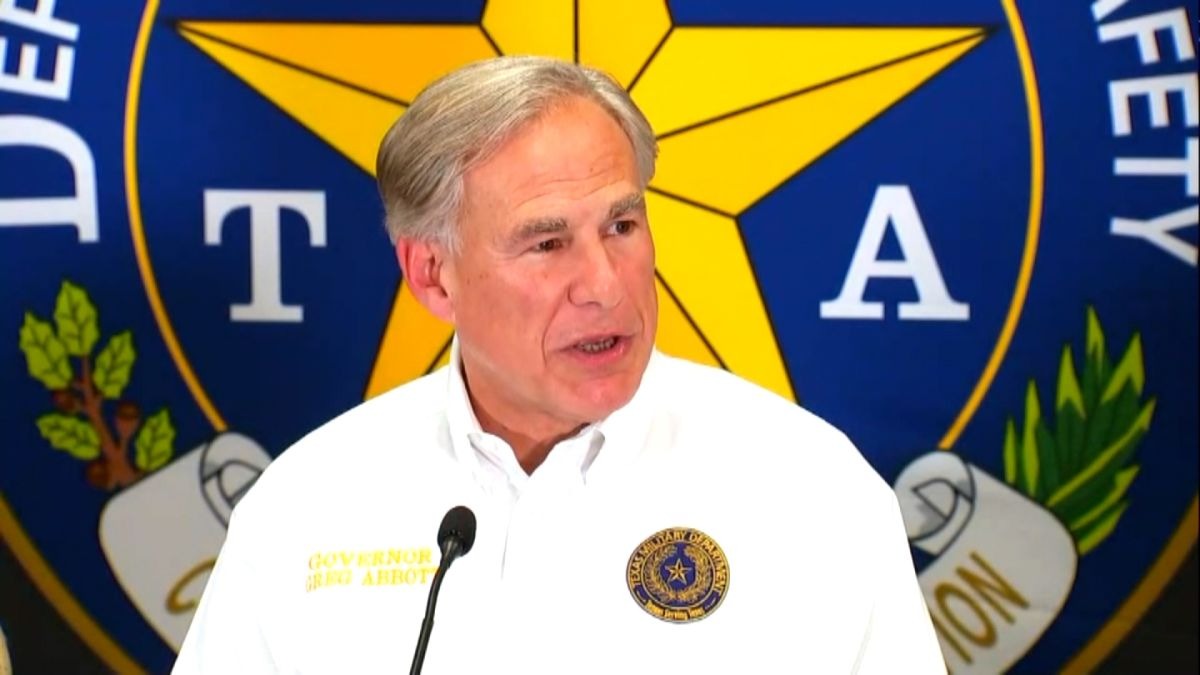Governor Greg Abbott of Texas has reiterated his commitment to bolstering border security, emphasizing the state’s efforts to deter and repel illegal crossings along the U.S.-Mexico border, particularly in the El Paso area.
This statement follows reports highlighting the arrival of a substantial contingent of Mexican law enforcement near El Paso, which is aimed at preventing a migrant caravan from reaching the U.S. border.
Abbott’s remarks underscore a broader, politically charged debate surrounding immigration policy and enforcement in the United States, especially under President Joe Biden’s administration.

Greg Abbott (Credits: FOX News)
The governor’s stance, which includes deploying Texas National Guard soldiers to reinforce border barriers, is presented as a response to what he perceives as the federal government’s failure to enforce immigration laws adequately. This approach has sparked controversy, with critics accusing Abbott of politicizing a humanitarian issue.
The discussion extends to Texas’ strategy of busing migrants to so-called “sanctuary cities,” a move defended by Abbott but criticized by figures like New York City Mayor Eric Adams, who has challenged the governor’s handling of migrant welfare.

Governor Greg Abbott (Credits: CNN)
The backdrop to this domestic policy skirmish is a broader legal battle over a Texas law that seeks to allow state authorities to arrest and prosecute individuals suspected of illegally crossing the southern border. A U.S. appeals court has temporarily halted this legislation Despite arguments from the Biden administration that it oversteps federal authority over immigration matters.
As the legal and political debates reveal, border security and immigration reform remain pivotal and divisive topics in U.S. politics, reflecting deep-seated differences in how to address the challenges and complications of managing the nation’s borders and immigration system.























